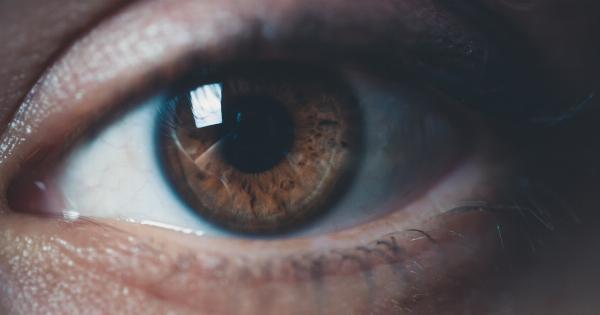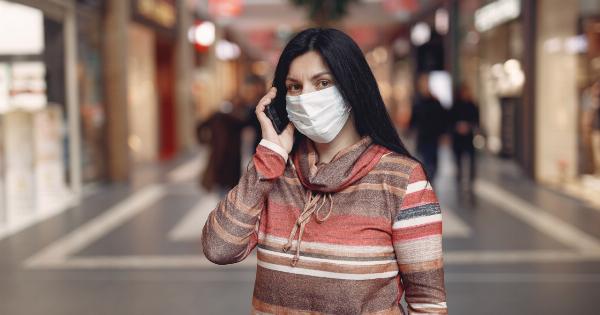When it comes to body art, tattoos have become increasingly popular over the years. From intricate designs to meaningful symbols, tattoos have always been a way for individuals to express themselves.
Sun tattoos, in particular, have gained prominence as they symbolize various meanings such as life, energy, and positivity. However, as with any form of body modification, there are risks and considerations to be aware of before getting a sun tattoo.
The Symbolism of Sun Tattoos
The sun holds a significant place in various cultures and religions worldwide. It is often associated with life and creation, warmth and energy.
Sun tattoos are versatile and can be designed in many different ways to reflect personal beliefs and experiences. They can represent various meanings such as:.
- Life: The sun is a universal symbol of life and vitality. Many people get sun tattoos to symbolize their zest for life and the energy they radiate.
- Strength: The sun is a powerful and unstoppable force. Sun tattoos can represent inner strength and resilience.
- Positivity: Just as the sun brings light and warmth, sun tattoos can be a reminder to stay positive even in challenging times.
The Risks Associated with Sun Tattoos
While sun tattoos can be visually striking and hold deep symbolism, it is essential to consider the potential risks associated with this type of body art. Some of the risks include:.
1. Sun Sensitivity:
People with sun tattoos on exposed areas of their body may experience increased sensitivity to sunlight. The tattooed skin may be more prone to sunburn and photoaging, leading to premature aging of the skin.
2. Fading and Distortion:
Tattoos, including sun tattoos, may fade over time due to sun exposure or natural aging of the skin. Sunlight can also cause the ink to break down and blur the tattoo’s intricate details, resulting in distortion.
3. Skin Cancer Risk:
Excessive exposure to the sun without proper protection can increase the risk of skin cancer. Although sun tattoos do not directly cause skin cancer, they may exacerbate the risks associated with prolonged exposure to ultraviolet (UV) radiation.
Protective Measures for Sun Tattoos
Despite the risks, many tattoo enthusiasts still choose to get sun tattoos. If you decide to get a sun tattoo, it is crucial to take appropriate protective measures to minimize potential harm:.
1. Sunscreen:
Always apply a broad-spectrum sunscreen with a high sun protection factor (SPF) to your tattooed skin before sun exposure. Ensure the sunscreen protects against both UVA and UVB radiation.
2. Clothing and Shade:
Whenever possible, wear protective clothing such as long-sleeved shirts and wide-brimmed hats to shield your sun tattoo from direct sunlight. Additionally, seek shade whenever you are outdoors for an extended period.
3. Moisturization:
Regularly moisturize your tattooed skin to keep it hydrated and prevent it from drying out. Dry skin can lead to faster fading and potential distortion of the tattoo over time.
4. Avoid Tanning:
Tanning, whether natural or artificial, can speed up the fading process of your sun tattoo and increase the risks associated with UV radiation. It is best to avoid excessive sun exposure.
Conclusion
Sun tattoos can be a meaningful and visually appealing form of body art. They symbolize positivity, strength, and life. However, it is crucial to weigh the potential risks associated with sun tattoos before getting one.
Protecting your tattooed skin from excessive sun exposure, moisturizing regularly, and practicing sun safety measures can help minimize these risks. Ultimately, the decision to get a sun tattoo should be an informed one, considering both the symbolism and the potential health implications.



























